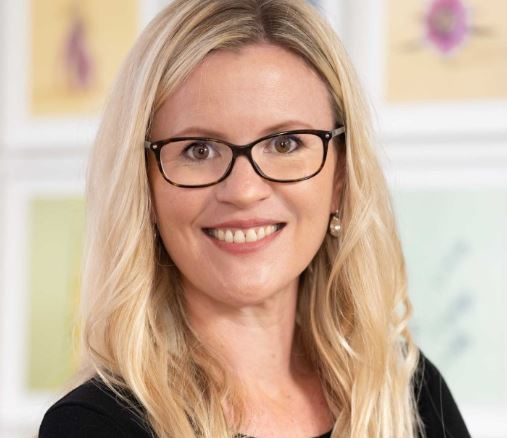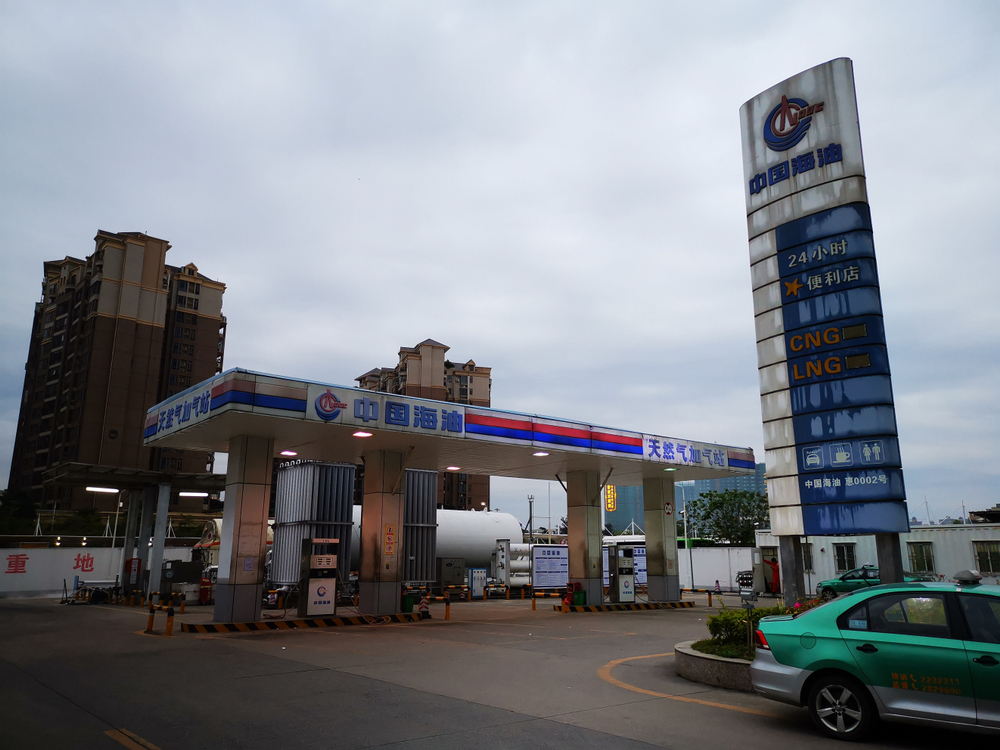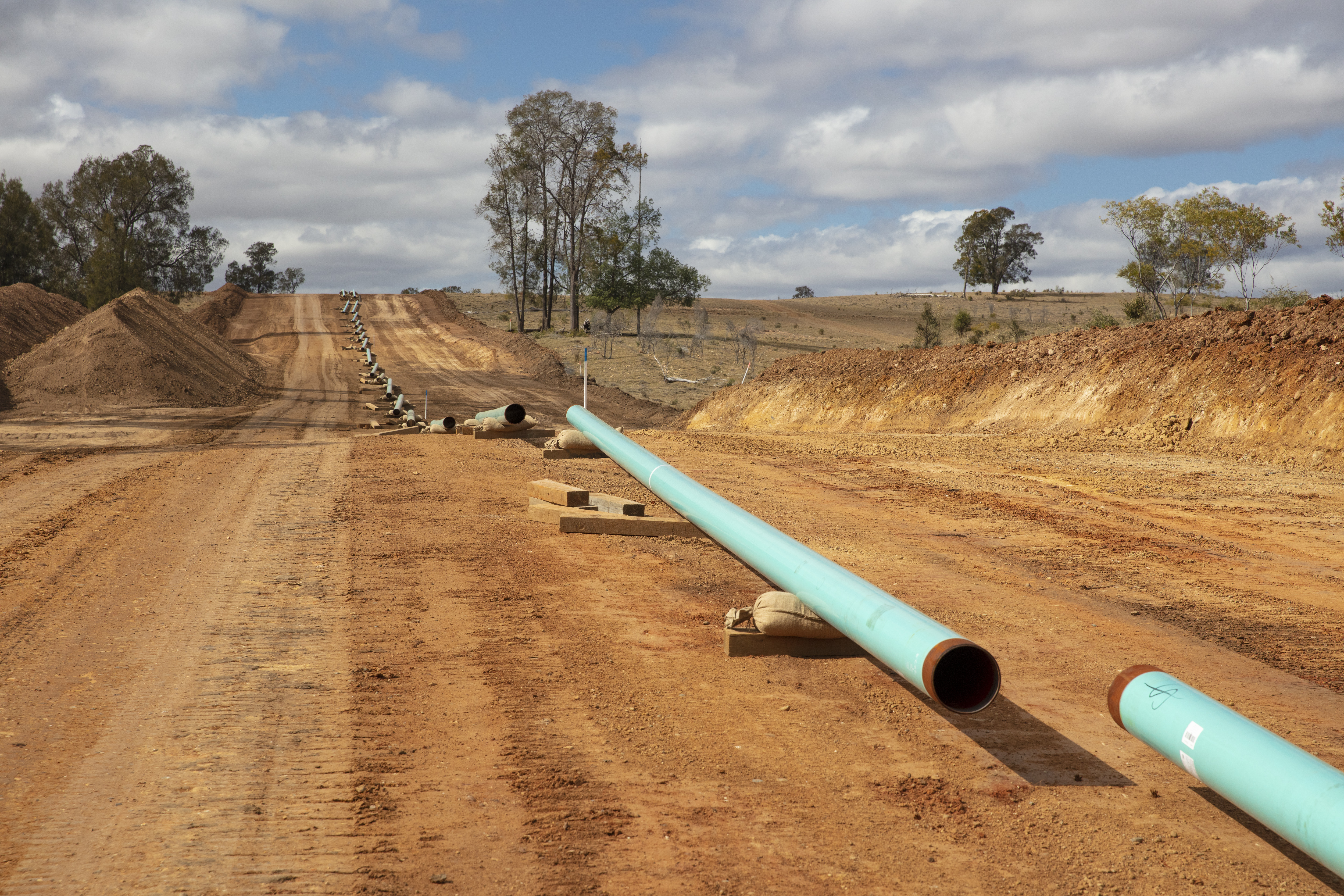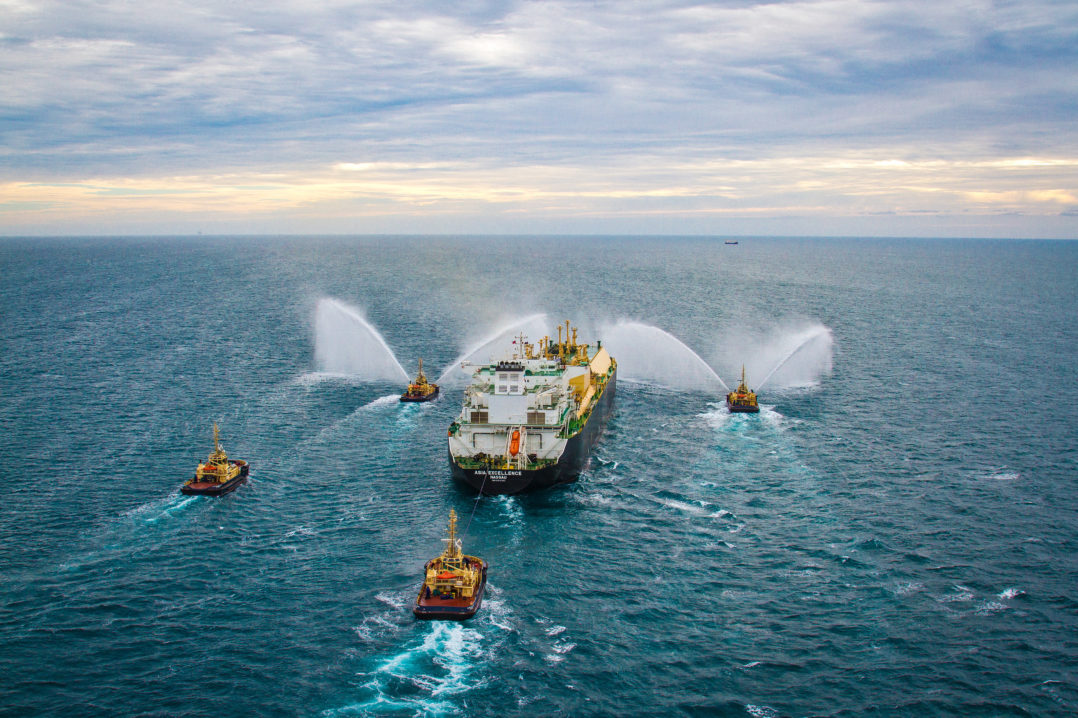The Australian Competition and Consumer Commission (ACCC) has confirmed that Australia’s gas industry continues to deliver on its commitment to the domestic market.
However, in a new report the ACCC has again highlighted concerns that southern states are relying on gas from the north to keep the lights on.
Australian Energy Producers today said the ACCC Gas Inquiry March 2024 Interim Report reaffirmed the industry’s role in providing reliable and affordable energy to Australian homes and businesses.
The report, examining the third quarter of 2024, estimated east coast supplies would be 6PJ in surplus.
However, New South Wales and Victoria – which have stifled investment with bans and regulatory uncertainty – would rely on other states for gas supply, despite having their own untapped gas resources.
The ACCC also warned that this positive forecast was still reliant on regulatory approvals to mobilise investment in newly developed fields.
The report said: “The southern states are expected to need an additional 25 PJ of supply to avoid a shortfall in quarter 3 2024. This will need to be withdrawn from storage or be transported from Queensland or the Northern Territory to the southern states.”
Australian Energy Producers Chief Executive Samantha McCulloch said: “The report shows how the gas industry is fulfilling its commitment to providing reliable energy to Australian homes and businesses.

“But there is only so much the sector can do by itself. Australia has abundant gas reserves but needs the political will to restore investment confidence and ensure timely approvals for much-needed new gas supply.
“Governments must recognise the critical role of gas in keeping the lights on as we transform the economy to net zero.”
While the report examined the short-term, forecast structural shortfalls from 2028 remain.
Ms McCulloch said: “Warnings about approval delays must be heard. Governments must act with a sense of urgency to avoid looming shortfalls and ensure new gas supply is available for the millions of Australian households and businesses that rely on gas.”





